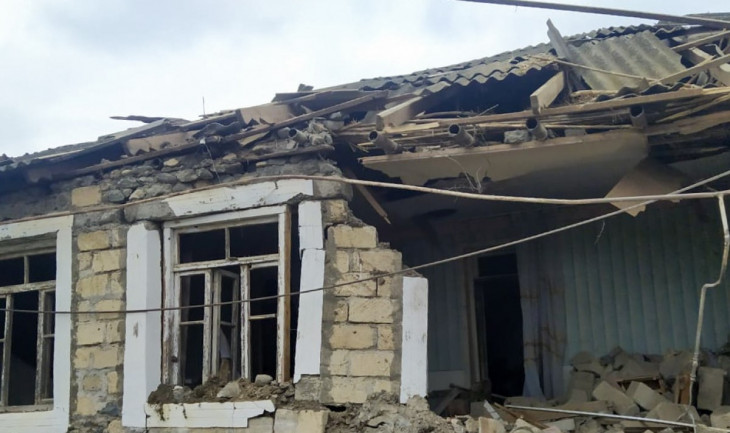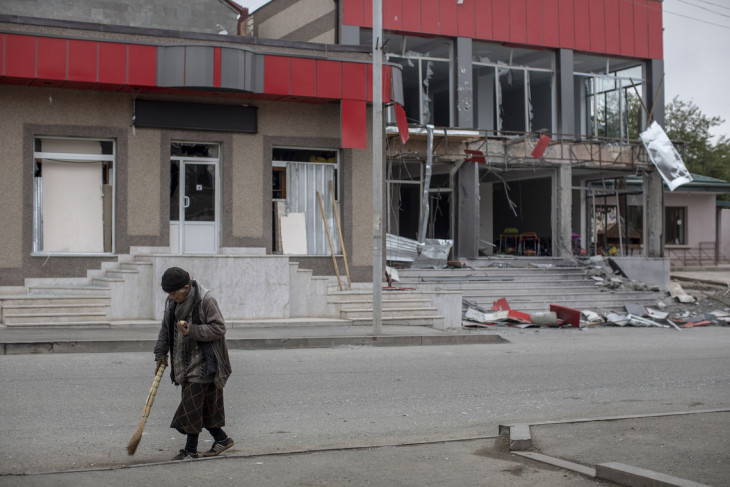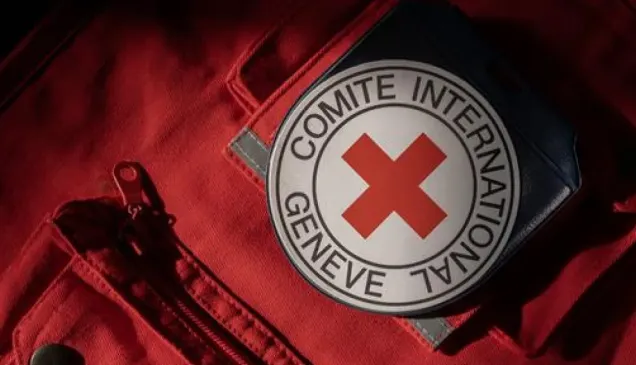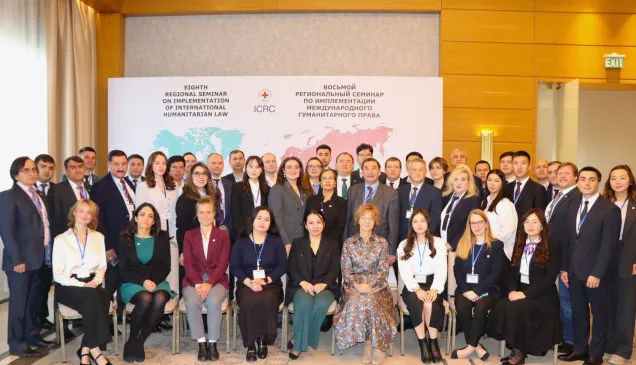"The ICRC strongly condemns the reported indiscriminate shelling and other alleged unlawful attacks using explosive weaponry in cities, towns and other populated areas, in which civilians are losing their lives and suffering terrible injuries, including life-changing ones,” said Martin Schüepp, ICRC Eurasia regional director in Geneva.

Photo of the conflict impact on the region. Credit: Nicat Alili, APA
“All feasible measures must be taken to protect and spare civilians and civilian infrastructures like hospitals, schools, and markets. Water supply for civilians must also be protected. These are obligations under international humanitarian law,” Schüepp continued.
Fighting across the region has reportedly killed and injured scores of civilians on both sides of the line of contact since September 27. In recent days, there has been an increase in the use of heavy and explosive weaponry in populated areas.
Hundreds of homes and key infrastructures like hospitals and schools have been destroyed or damaged by heavy artillery fire and by airborne attacks including missiles. Other infrastructures such as roads, electricity, gas, and communication networks have also been damaged. Families are on the move looking for safe shelter, while others have retreated underground to unheated basements sheltering day and night from violence.

PHOTO OF THE CONFLICT IMPACT ON THE REGION. credit: Eric Grigorian/ EVN Report
The use of explosive weapons with a wide impact area against military targets in populated areas may violate international humanitarian law, which prohibits indiscriminate and disproportionate attacks. The ICRC considers that explosive weapons with a wide impact area should be avoided in populated areas unless sufficient mitigation measures are taken to limit their wide-area effects and the consequent risk of civilian harm.
Note to Editors:
- The International Committee of the Red Cross is an independent, neutral organization ensuring humanitarian protection and assistance for victims of armed conflict and other situations of violence. It acts in response to emergencies and promotes respect for international humanitarian law and its implementation in national law.
- The ICRC has been present in the region since 1992 carrying out humanitarian work in connection with the Nagorno-Karabakh conflict. Through the delegations in Baku and Yerevan and the mission in Nagorno-Karabakh, the ICRC supports communities living along the line of contact and the international border between Armenia and Azerbaijan.
- For more details on the impact on the civilian population, please visit the ICRC’s website.
For further information, please contact:
Ilaha Huseynova, ICRC Baku, tel: +994 50 316 00 24, ihuseynova@icrc.org
Zara Amatuni, ICRC Yerevan, tel: +374 99 011 360, zamatuni@icrc.org
Eteri Musayelyan, ICRC Nagorno-Karabakh, tel: +374 97 29 80 85, emusayelyan@icrc.org
Francesca Dobson-Suarez, ICRC London, tel: +44 7590 832 523, fdobsonsuarez@icrc.org
Ruth Hetherington, ICRC Geneva, tel: +41 79 447 37 26, rhetherington@icrc.org
To preview and download the latest ICRC video footage in broadcast quality, go to
To find out what the ICRC is doing to put an end to attacks on health workers and patients, go to
Follow the ICRC on facebook.com/icrc and twitter.com/icrc



